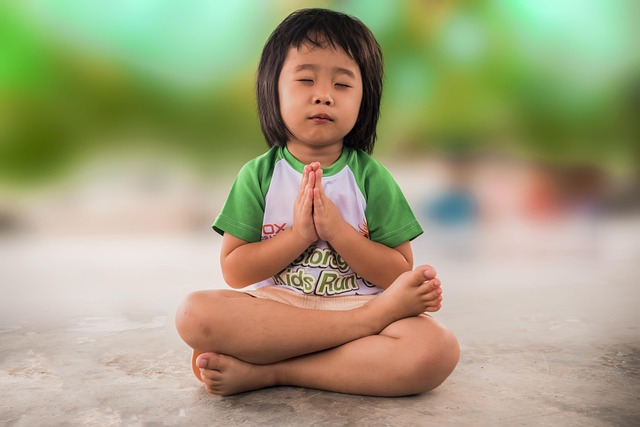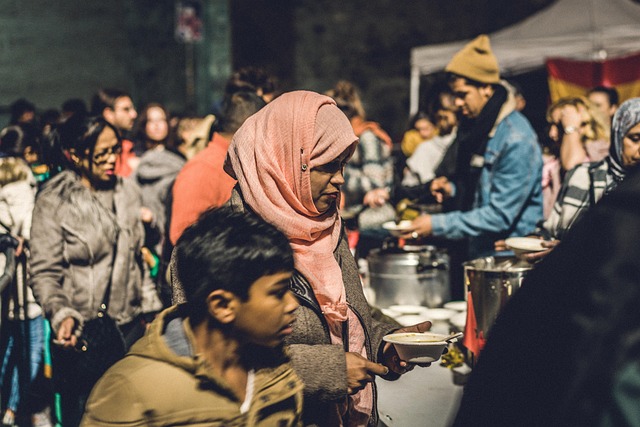In today’s diverse society, where various beliefs and worldviews intersect, engaging in philosophical conversations about religion can foster deeper understanding and harmony within our communities. Religion is not merely a set of doctrines; it is a tapestry of narratives, experiences, and values that shape our lives. Yet, amidst differing views, how can we navigate these discussions effectively?
When we bring people together to discuss religion, we invite a spectrum of experiences and interpretations that enrich our understanding of faith. For many, their beliefs are deeply personal, and exploring these with others can sometimes be daunting. However, through open dialogue, we can create spaces where individuals feel safe to share their thoughts, raise questions, and challenge assumptions. This openness can lead to transformative philosophical conversations that go beyond simple debate.
One fruitful approach is to encourage storytelling. Each person’s faith journey is unique, filled with trials, triumphs, doubts, and insights. By framing our conversations as shared narratives rather than confrontational debates, we invite empathy and understanding. For instance, listening to someone recount their personal challenges with faith can illuminate aspects of spirituality that we may not have considered otherwise. These recounts become bridges that connect individuals across varying beliefs.
Furthermore, exploring the ethical implications of our beliefs offers another common ground for philosophical conversations. How do our faith convictions influence our actions in the community? Whether we draw from religious teachings or secular philosophies, discussing the moral dimensions of our beliefs can spark rich dialogue. It moves the conversation away from what divides us and towards how we can collaborate to effect positive change.
Another key aspect of fostering meaningful dialogue is the art of asking thought-provoking questions. Questions that encourage participants to reflect on their beliefs—like What role does doubt play in your faith?” or “How do you reconcile conflicting viewpoints?”—can lead to profound discoveries. These inquiries invite individuals to not only articulate their beliefs but also examine them in a communal context. Through such engagements, we begin to appreciate the complexity of faith and the myriad ways it manifests in our lives.
Moreover, it’s essential to acknowledge the historical and cultural contexts that shape our understanding of religion. As we engage in philosophical conversations, examining how societal factors influence beliefs can provide insight into why different communities may perceive and practice religion in distinct ways. This awareness fosters a sense of belonging and respect for one another’s differences while underscoring our shared need for connection and understanding.
Participation in community forums, interfaith dialogues, or discussion groups centered around philosophical themes can substantially enrich our experience. These settings serve as platforms for individuals to express their thoughts freely, encouraging a culture of respect and inquiry. As community members engage in these philosophical explorations, we cultivate a climate where curiosity and learning thrive, allowing us to tackle the complexities of faith with grace.
Ultimately, by creating an environment where philosophical conversations about religion are encouraged, we can bridge divides, nurture empathy, and foster a sense of community. Engaging in these dialogues is more than just an intellectual exercise; it is an opportunity to connect on a deeper level and appreciate the plurality of beliefs that exist within our circles. As we share our stories and explore our questions, we pave the way toward a more inclusive and understanding society.




